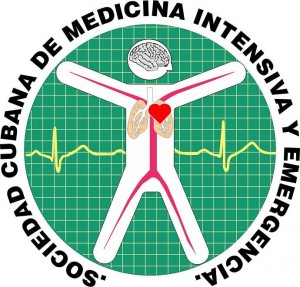Predictor factors for postoperative sepsis in patients undergo to urgency surgery
Abstract
Objective. To describe the predictors of postoperative sepsis in patients undergoing emergency abdominal surgery.
Methods. A descriptive, retrospective study was carried out in the Anesthesiology Service of the “Hermanos Ameijeiras” hospital, between July and December 2022. All patients, announced for emergency surgery with general anesthesia, were included. The sample was 50 patients who met the selection criteria and were consecutively admitted to the Postanesthesia Care Unit.
Results. Age, group, and sex did not show a significant relationship with the risk of sepsis. The ASA III tripled, type 2 diabetics quintupled. Not so, chronic kidney disease, liver disease, hypercholesterolemia, body mass index, waiting time for the operation, while surgical time greater than two hours doubled it. Other intraoperative factors such as clean-contaminated wound doubled the risk of sepsis. Transfusions were not poor prognostic factors. Postoperative patients with urgent major abdominal surgery showed a nine-fold increased risk of sepsis, six times the need for ICU admission, five times the need for postoperative hemorrhage, and three times the need for reintervention. ICU stays greater than seven days increased the risk sixfold, and hospital stays greater than 10 days had a sevenfold increased risk of postoperative sepsis.
Conclusions. Predictive factors of postoperative sepsis in patients undergoing urgent surgery were identified, which constituted the factor with the greatest influence on the development of sepsis, followed by admission to the ICU and hospital stay of more than 10 days.






